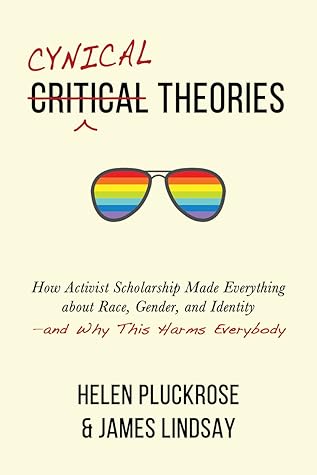Whether we call it “postmodernism,” “applied postmodernism,” “Theory,” or anything else, then, the conception of society based on the postmodern knowledge and political principles—that set of radically skeptical ideas, in which knowledge, power, and language are merely oppressive social constructs to be exploited by the powerful—has not only survived more or less intact but also flourished within many identity-and culture-based “studies” fields, especially in the so-called “Theoretical humanities.” These, in turn, influence and often hold sway over the social sciences and professional programs
...more
Welcome back. Just a moment while we sign you in to your Goodreads account.


